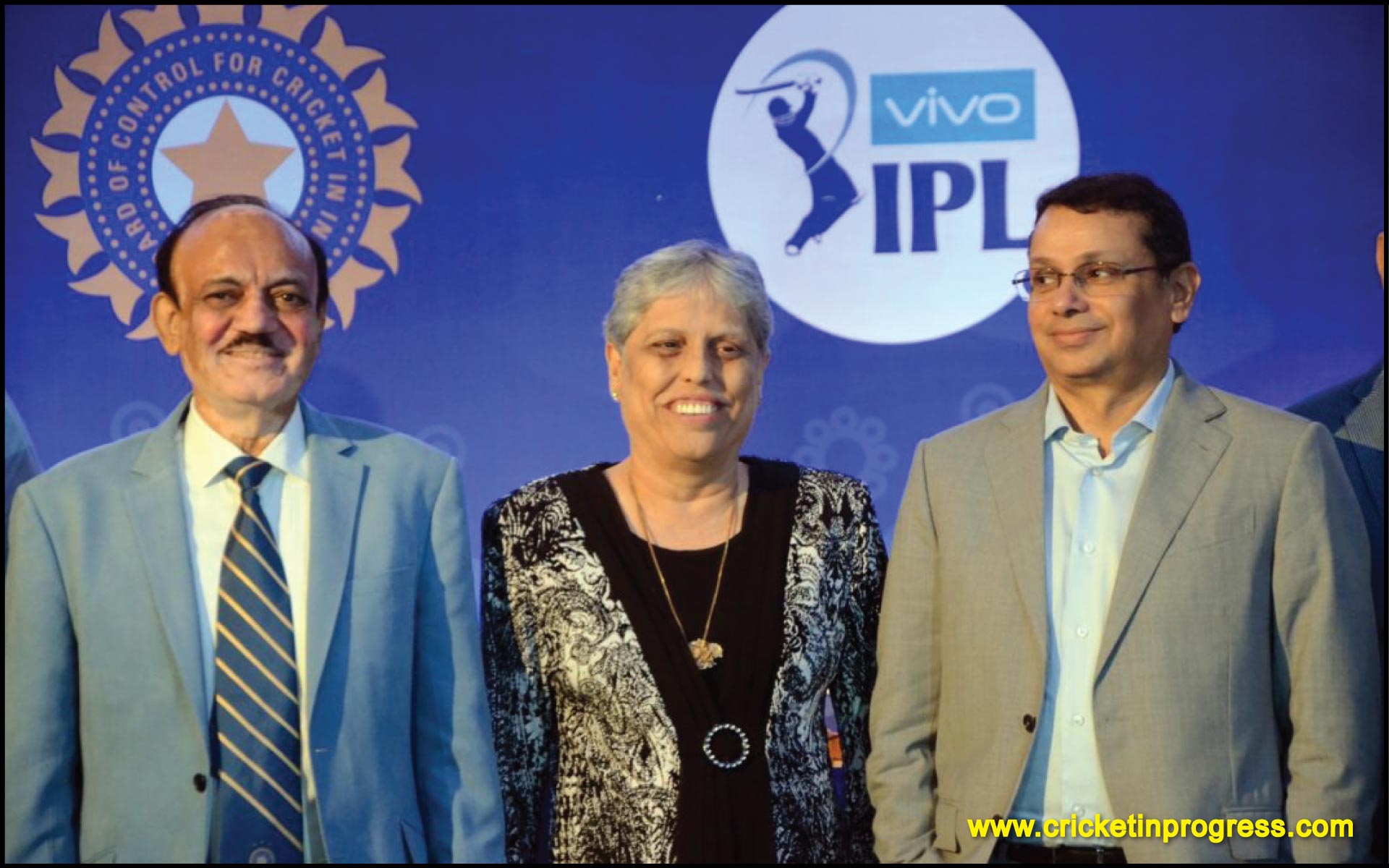BCCI – the stubborn child who has learned to say “no”.
Well, folks, this is the answer to the question “What plans for 31st (of December)?” And honestly, at the risk of sounding like the fox who deemed the grapes sour, this is far more refreshing than what could have been.
It is almost ironic that India’s exceptional on-field performance comes at a time when BCCI is imploding. Albeit not very evident, there are signs which just can’t be ignored. There was a time in 2018 when a simple Google search for “BCCI” would result in so many negative news that one would have to go as far as the 5th page to see something good associated with BCCI. Remember, there is more than a single page in Google Search Results.
BCCI has become a Frankenstein’s monster with Dr. Frankenstein being the game of cricket itself. It has become the lone stubborn child who has learned to say “no”. What is apparent though, from BCCI’s method of administration, is that it is an autocratic power deriving strength from its personnel. The obvious modus operandi of BCCI makes the solution very clear, but we’ll get to that.
BCCI’s refusal to treat BCCI as a national cricket governing body has resulted in a plethora of unthoughtful acts. Initially, the refused to follow the Lodha Committee recommendations as directed by the Hon’ble Supreme Court of India and now, they actively refuse to follow the recommendations of the Supreme Court appointed CoA. BCCI has also refused to put itself under the RTI Act. BCCI is the only board against the inclusion of Cricket in the Olympics. While England’s and Australia’s respective cricket boards support and have facilities for blind cricketers, BCCI doesn’t. Recently, BCCI was instrumental in the embarrassing catch-and-drop of Gary Kirsten as the Women Team’s new coach. BCCI also, allegedly, gave in to Virat Kohli’s tantrums regarding Anil Kumble. In the follow-up to the recent ODI series against the West Indies, BCCI flat out refused Wankhede’s request to host the 4th ODI on their behalf despite Mumbai Cricket Association mentioning that the tenure of Bombay High Court appointed officials was over and there was no one with the authority to sign cheques. This is just the tip of the iceberg that I am mentioning.
There is a very simple 3-phased approach to this. We have the Causes, the Effects and the Solutions. Why does BCCI, a 90-year-old governing board, suddenly finds itself emerged in a sea of negativity? If you ask me to put my finger on the single turnaround that seeded the effects we see today, I’d say it was the point when politicians replaced ‘figures from princely states’ in BCCI. This isn’t a case of “which came first: the chicken or the egg?” – clearly the shift in type of office bearers came before the effects I am talking about. Politicians are inherently power-hungry and there is absolutely nothing wrong about it. However, this kind of nature doesn’t really have an inviting ring to it when it comes to sports management – where the interest should be in making the sport better rather than using the sport as a pure money-making opportunity. In another article I wrote on similar lines – “Is Politics a part of Indian Cricket or is Cricket a part of Indian Politics?“, I stressed that while growth is good, it should be meaningful, harmless and not self-destructive. For, “growth for the sake of growth is the ideology of the cancer cell.”

What could be the solution? (This could be the perfect opportunity for you to try the new discussion/comments section below and send in what you think could be the way forward – idealist or pragmatic). I, for one, think the solution is simple…Maybe not guaranteed to show results but could be the first step on the proverbial ‘ladder’. People who have a better emotional investment towards the well-being of cricket should be the people running BCCI. BCCI members must be Responsible, Accountable, Consulted and Informed so that communication, or lack of it thereof is not cited as a reason. Another school of thought is to have increased presence of ex-cricketers in official capacities since they are more likely to have better interests for cricket at heart.
I couldn’t help but wonder how circumstances would have been had India not won the 1983 World Cup or had IPL not taken the world by storm the way it did. Let us have a little bit of a ‘what if’… If South Africa wins the 2019 World Cup and in 2040, someone thinks of “what would have been if not for 2019”, the difference wouldn’t be much; South Africa would still have been a cricketing nation and cricketers from South Africa would still have continued to emerge, with a minor difference here or there. However, the same cannot be said about India and 1983. Unarguably, 1983 opened the floodgates through which the cricket fever entered India, without which, in all likelihood, there wouldn’t have been a Sachin Tendulkar, a M S Dhoni or a Virat Kohli. It is difficult to picture a 21st-century India sans cricket.
Cue reality. The power-struggle within and outside BCCI is likely to continue and more and more ways to monetise every aspect of cricket are going to be devised. BCCI will continue to project its monetary dominance and social influence onto other cricket boards and ICC as well, often to get its own, childish way. One may argue that BCCI is reaping the benefits of ‘calculated’ risks it made over the years but, I would say that BCCI is just a stubborn child who has learned to say “no”.












